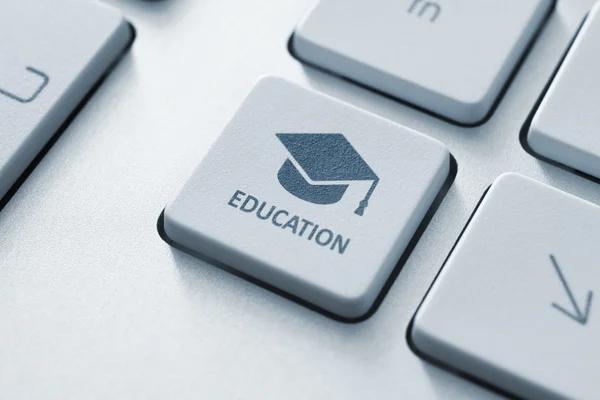The Role of Physical Education in Holistic Development

Physical education plays a critical role in the holistic development of an individual, fostering physical, mental, and social well-being. It is an integral part of the educational curriculum designed to promote healthful living and cultivate lifelong fitness habits.
Physical education enhances physical health by improving cardiovascular endurance, muscular strength, flexibility, and body composition. Regular participation in physical activities can help prevent chronic diseases such as obesity, heart disease, diabetes and certain types of cancer. Additionally, it aids in maintaining a healthy weight and promotes bone density which is particularly important during childhood and adolescence when bone mass is being built.
Beyond just physical benefits, engaging in regular exercise significantly contributes to mental well-being. Physical activity stimulates various brain chemicals that may leave individuals feeling happier and more relaxed than they were before they worked out. It can also help improve cognitive function; studies have shown that students who are physically active tend to have better memory recall and concentration skills than their less active peers.
Furthermore, physical education helps reduce anxiety levels while enhancing self-esteem by providing opportunities for success outside the traditional academic realm. Students learn about their bodies’ capabilities through varied movements leading to increased body awareness and appreciation for what their bodies can achieve.
In addition to fostering physical and mental health benefits, Physical Education also plays a crucial role in social development by teaching teamwork skills through group activities or team sports. These experiences allow students to develop leadership skills as well as learn how to work collaboratively with others towards a common goal.
Moreover, sportsmanship principles such as fairness play a vital role in molding character among young learners while instilling values like respect for others’ abilities regardless of whether they win or lose games.
Physical education classes provide an avenue where children learn discipline – setting goals for themselves then striving hard to achieve these goals requires determination perseverance which are essential life skills needed beyond school years into adulthood careers personal lives.
Finally yet importantly PE encourages fun enjoyment which makes learning process enjoyable rather than tedious chore thereby cultivating love for physical activity which can lead to lifelong fitness habits.
In conclusion, Physical Education plays a significant role in the holistic development of an individual. It is not merely about playing sports or keeping fit; it encompasses a wider spectrum of benefits that contribute to the overall well-being of a person. Therefore, it should be given equal importance as academic subjects in the school curriculum, ensuring that all students have access to quality physical education programs for their holistic growth and development.
